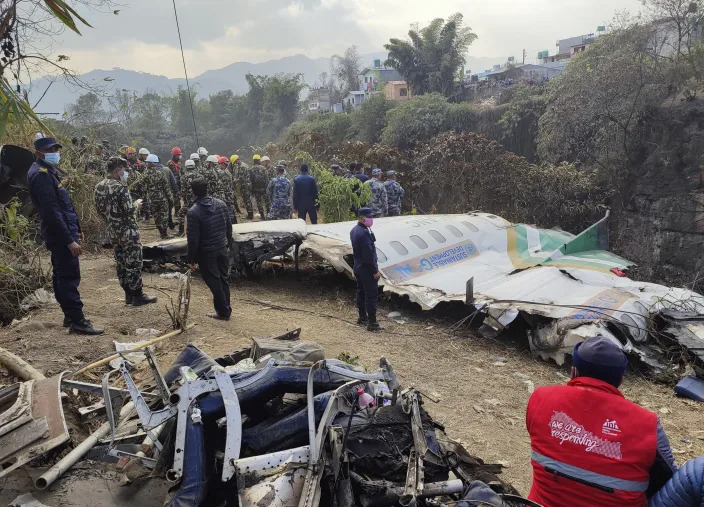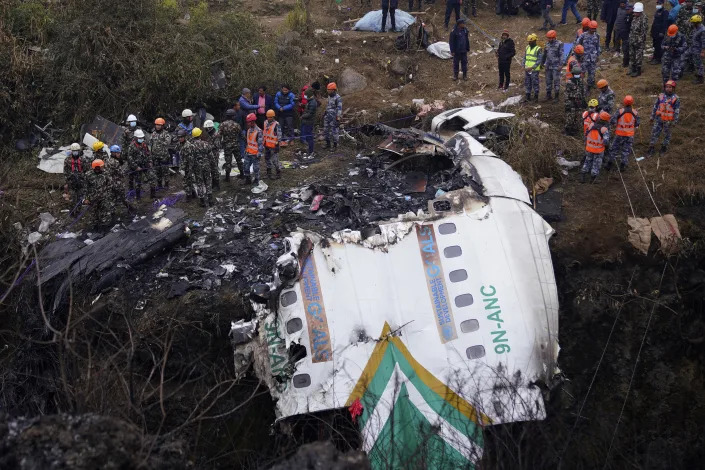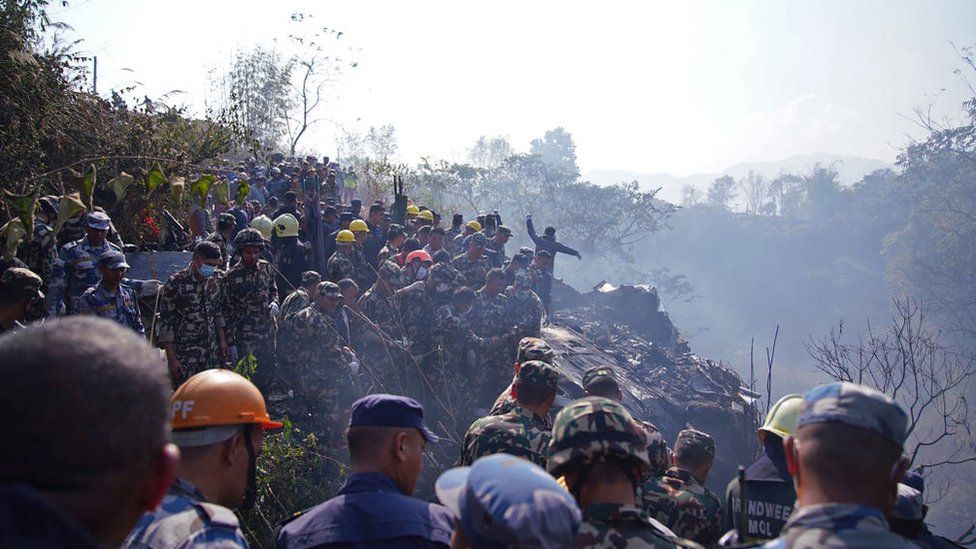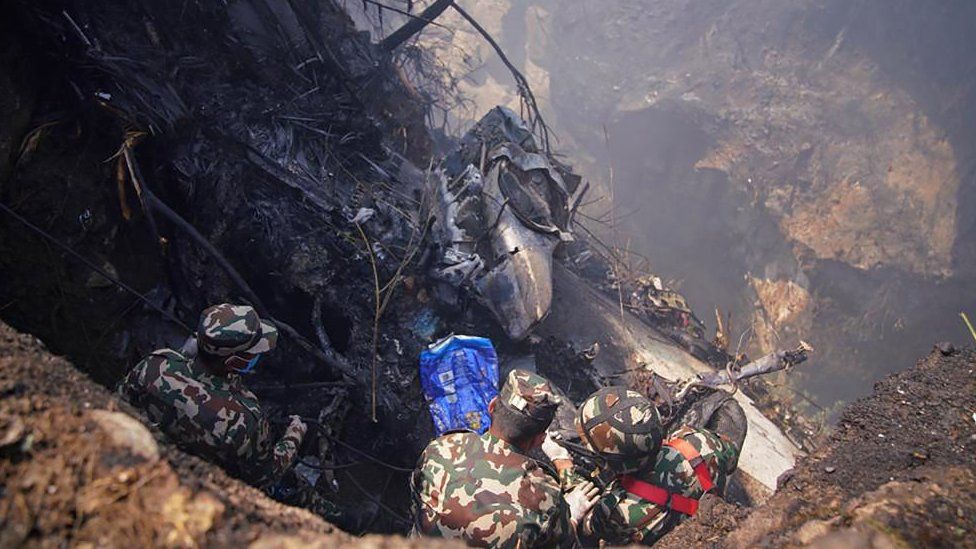Syed Zabiullah Langari
Sat, January 14, 2023

Courtesy Fatima Amiri
It was early morning in Kabul, Afghanistan, when Fatima Amiri first heard the gunshots from inside her classroom. She and hundreds of other students had been preparing for college entrance exams at the time, but then the girls began screaming in panic. Amiri swiftly stood up to calm the class down, but when she turned around, she saw a man with a gun deliberately firing at students.
“I was afraid; I tried to take shelter under the desks when an explosion happened,” the 17-year-old said.
Amiri lost an eye and an eardrum as a result of the explosion. Her jaw was also badly damaged. In all, 54 other students, mostly girls, were killed.
As a minority, Shiites in Afghanistan have been targeted and persecuted for a long time.
Amiri lives in the Dasht-e-Barchi vicinity, a predominantly Shiite neighborhood in western Kabul city. Terrorists have been targeting Shiite mosques, schools, athletic clubs, and cultural centers. A horrific assault on a maternity ward in 2020 killed 20 civilians, including women and their newborn babies.
Amiri knew attending school from a security perspective was risky. However, she never thought that one day a terrorist would be trying to kill her inside a classroom.
Undeterred, two weeks after the attack, Amiri showed up for a university entrance exam and was declared one of the top scorers.
“I want to tell the terrorists that no matter how much oppression you would impose on us, you can't defeat us!” Amiri said. “Your attacks inspire us to rise again and again.”
The UN Security Council and other world leaders condemned the attack on the Kaaj education center in Kabul, where Amiri went for two years to prepare for the university entrance exam, but no robust security measures had been taken by the political regimes in Afghanistan to ensure the safety of the Shiites who now feel more marginalized under the Taliban.
In recognition of her courage and resilience, the BBC placed Amiri on a list of 100 inspiring and influential women from around the world for 2022.
The attack came in the wake of a ban by the Taliban on girls' schools beyond the sixth grade in Afghanistan after the group swept into power last summer. But young Afghans like Amiri are still hopeful that the international community will put pressure on Taliban leaders to respect the rights of girls to education and the rights of women to work.
“I appeal to the international community to do something for Afghan women and girls,” she said. “Hear their voice and take action. It's almost two years now that schools are closed for girls. There is the possibility that the university will be closed too. Currently, the situation is hard. Afghan women and girls can’t work.”
Amiri’s prediction of a restriction on higher education for girls was proven right after the Taliban imposed a complete ban on women’s access to university on Dec. 20. Five days later, the regime also ordered NGOs to stop women from coming to work. Although the ban on women’s access to education and work sparked strong condemnation from the international community, Taliban leaders have said that they will not compromise.

Courtesy Fatima Amiri
“We [had] hoped that the schools are reopened for our girls,” Amiri said. “But instead we faced a worst scenario this time. They closed the university. The world shouldn’t remain indifferent to this approach. We lost our beloved ones for the sake of education. But today I can’t go to university, for which I lost my eye.”
Attacks on Shiites and Hazara ethnic groups in Afghanistan have a long history. Last May, terrorists exploded a bomb near the Sayed-ul-Shuhada girls’ school in the same area, killing at least 85 girls and wounding hundreds more, many of them between the ages of 11 and 15.
Last month, Richard Bennett, the US special rapporteur on the human rights situation in Afghanistan, said in a report that Shiites in Afghanistan are facing systematic attacks, pointing out that members of the Hazara community and other groups have been “arbitrarily arrested, tortured, summarily executed, displaced from traditional lands, subjected to discriminatory taxation and otherwise marginalized.”
“These attacks appear to be systematic in nature and reflect elements of an organizational policy,” Bennett said in the report to the UN Human Rights Council.
According to a report by Human Rights Watch, the Islamic State of Khorasan Province, the ISIS affiliate in Afghanistan, Taliban authorities have done little to protect these communities or provide necessary medical care and other assistance to victims and their families.
The report states that since the Taliban took over Afghanistan in August 2021, the ISIS affiliate has claimed responsibility for 13 attacks against Hazaras and has been linked to at least three more, killing and injuring at least 700 people.
In November, Csaba Kőrösi, president of the United Nations General Assembly, said Afghanistan “is facing complex and interlinked challenges that the Taliban have shown they cannot — or will not — solve.”
“Afghanistan is now the only state in the world that would deny girls their full right to education. The prospect of girls’ education has been left to uncertainty amid seemingly random edicts from the Taliban,” he said.
But the Taliban have so far defied appeals by the international community to reopen schools and pave the way for forming a political system that includes all ethnic groups. For young women like Amiri, though, that institutional opposition fuels her drive to pursue her dreams on behalf of other Afghan girls regardless of the mortal risks. Her goal is now much bigger than her original plan of getting an education in her favorite field of study. She wants to somehow lead Afghan women and assist them in securing a bright future.
“I am very strong,” Amiri said. “I am very confident that one day I will get my dreams.”

The Taliban In Afghanistan Is Still Preventing Girls From Getting Above A Sixth-Grade Education, So This Kabul Resident Is Running A Secret SchoolSyed Zabiullah Langari · Nov. 13, 2022

This Young Woman Was Imprisoned For 27 Days For Protesting The Taliban’s Policies Against Women’s RightsSyed Zabiullah Langari · July 26, 2022

She Was One Year Away From Going To College. Then The Taliban Banned Her From School.Syed Zabiullah Langari · June 13, 2022





























